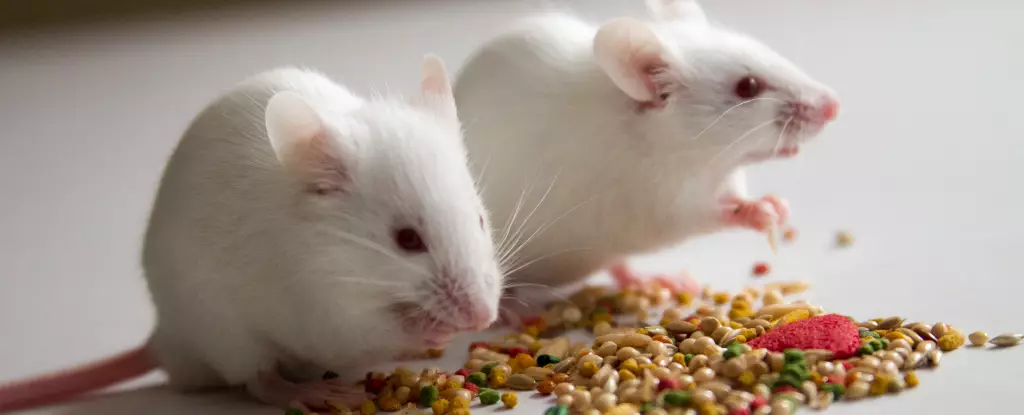The quest for longevity has captivated humanity for centuries. With numerous studies suggesting a connection between caloric intake and lifespan, the intrigue only intensifies. Recent research involving nearly 1,000 mice indicates that caloric restriction may yield metabolic alterations and weight reduction that can significantly impact health. However, the findings also raise ethical concerns and questions regarding the applicability of such results to humans. As various organisms—including monkeys, fruit flies, and nematodes—appear to enjoy extended lifespans under caloric restraint, the question arises: do these findings apply to us?
Intermittent fasting has emerged as a popular dietary trend backed by observational studies that suggest potential benefits on longevity. These studies point towards a link between reduced body weight, diminished cardiometabolic risks, and an increased lifespan. Yet, caution must be exercised; the small sample sizes and brief durations of many studies compel one to wonder whether any observed benefits are truly causative. For instance, while the lure of calorie restriction is appealing, translating results from animal experiments to human health is fraught with challenges.
In a groundbreaking study assessing the effects of varied calorie intake on genetically diverse female mice, dramatic results emerged. Mice subjected to significant caloric restriction averaged a remarkable weight loss of about 25% from their initial body weight. In contrast, their counterparts on typical diets experienced a weight gain of the same magnitude. What stands out is the longevity of mice on restricted diets, living approximately nine months longer than their well-fed peers—a notable increase. These findings echo previous research and underscore a complex relationship between food intake and life expectancy.
However, the results beg for closer scrutiny. The variation within calorie-restricted groups highlighted a troubling paradox: not all those on restricted diets benefited equally. A substantial number of these mice still perished at varying ages, suggesting an intricate balance between potential benefits and inherent risks associated with caloric restriction. Strikingly, it was the mice retaining more weight that typically survived longer, indicating that metabolic regulation might not wholly account for increased longevity.
While it’s tempting to attribute increased lifespan to dietary habits alone, researchers uncovered the profound influence of genetics on longevity. Certain mice exhibited resilience, suggesting that variations among individual genetic profiles significantly affect outcomes. Those that persevered through stress or carried a higher proportion of infection-fighting immune cells were more likely to achieve extended lifespans. The variability in red blood cell sizes also emerged, linking resilience to the likelihood of survival amidst life’s challenges.
This paints a compelling picture: far from being a simple matter of restricted intake and enhanced longevity, the reality is complex. Factors are interconnected, intertwining aspects ranging from genetics to metabolic response, suggesting that a multifactorial approach is essential in understanding the pathways to a longer life.
While studies may indicate a connection between caloric intake and longevity in mice, it’s imperative to exercise caution in drawing direct parallels to human health. The applicability of these findings can easily be obscured by significant physiological differences. Despite our bodies responding uniquely to dietary restrictions, the ongoing dialogue surrounding diet, health, and longevity remains essential.
The prospect of caloric restriction as an avenue for enhancing lifespan should not overshadow the importance of overall health management. Perhaps the quest for long life necessitates a dual focus: not merely extending years but also ensuring quality during those years. After all, maintaining robust health at any age can be argued as being more valuable than simply achieving greater longevity. As we enhance our understanding of diet and genetics in relation to lifespan, it becomes ever clearer that individualized approaches may serve us best in the pursuit of a vibrant, full life.


Leave a Reply